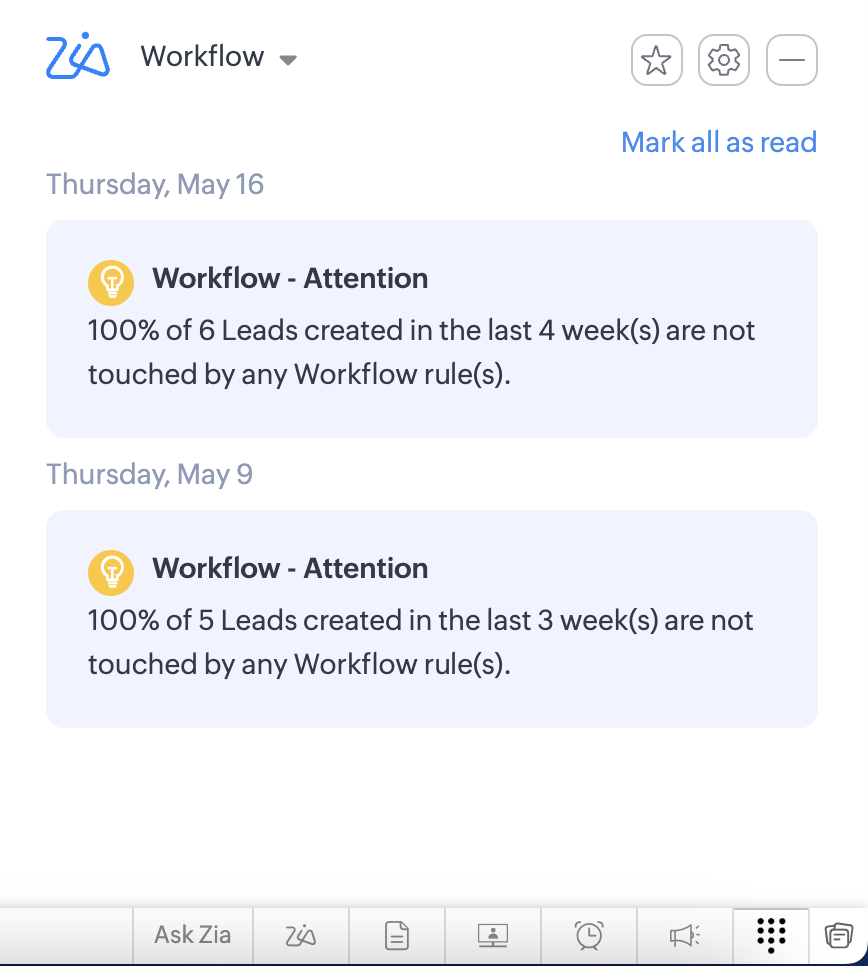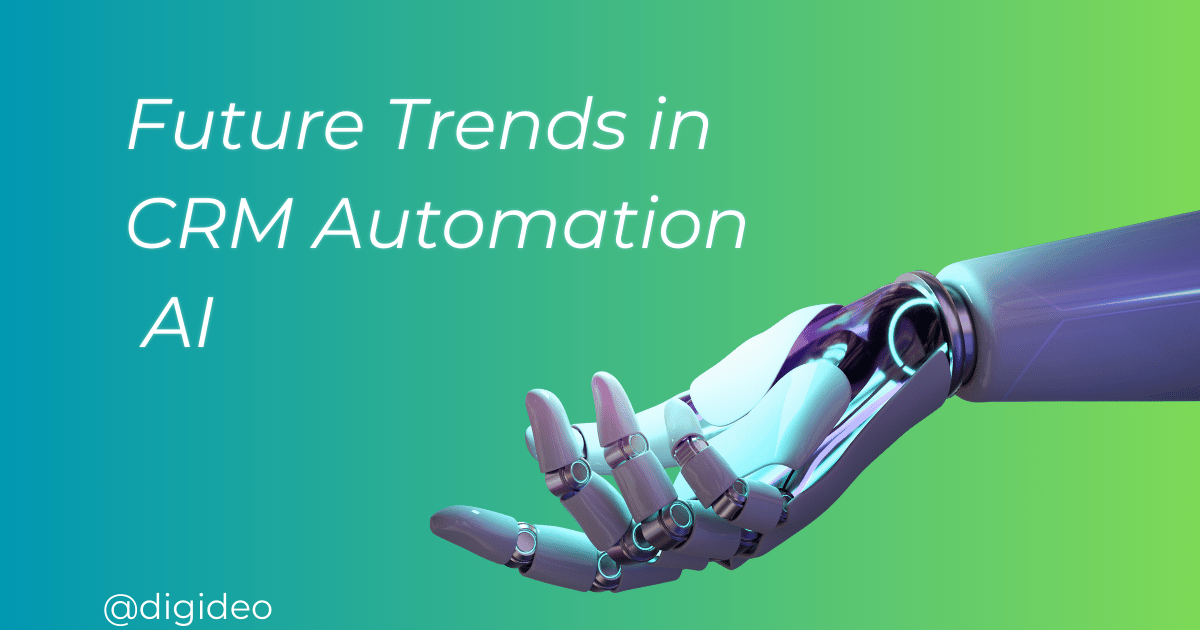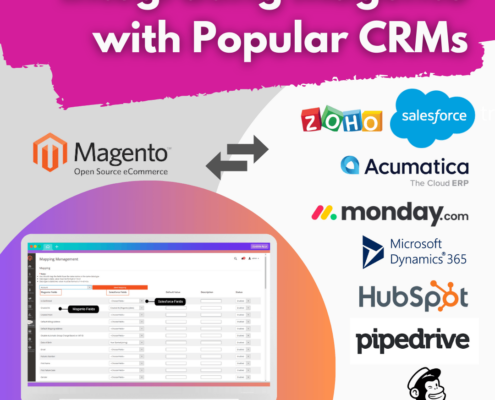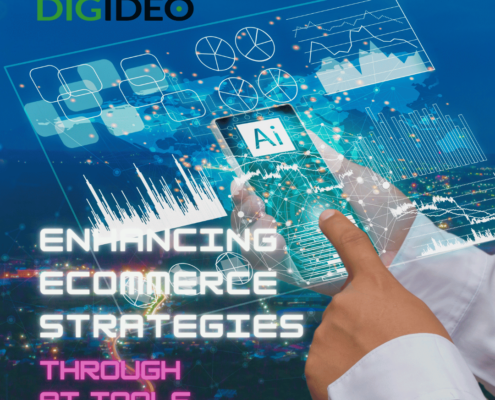Future Trends in CRM Automation – AI
Estimated reading time: 9 minutes
These are our Future Trends in CRM Automation
- Emerging technologies (AI, machine learning)
- Predictive analytics and customer insights
- Integration with other business tools and platforms
As businesses strive to enhance customer relationships and streamline their operations, Customer Relationship Management (CRM) systems have become indispensable tools.
Zoho CRM, a leading platform in this space, is continuously evolving to incorporate cutting-edge technologies. This article explores the future trends in CRM automation within Zoho CRM, focusing on the integration of Artificial Intelligence (AI), Machine Learning (ML), and bots, and how these advancements are set to revolutionize customer relationship management.
Role of AI in CRM Automation
AI is revolutionizing CRM by enabling more intelligent and personalized customer interactions.
Key AI applications in CRM include:
– Predictive Analytics: AI algorithms analyze customer data to predict future behaviors, enabling businesses to anticipate needs and tailor marketing efforts.
– Personalization: AI helps in creating highly personalized customer experiences by analyzing past interactions and preferences.
– Natural Language Processing (NLP): Enhances communication by enabling CRMs to understand and respond to customer inquiries in natural language.
AI Integration in Zoho CRM
Artificial Intelligence is a cornerstone of the future of CRM automation. Zoho CRM is leveraging AI to transform how businesses interact with their customers. Key AI features in Zoho CRM include:
– Zia, the AI Assistant: Zia helps users with tasks like data entry, predictive analytics, and sentiment analysis. Zia can predict customer behavior, recommend the best times to contact leads, and even analyze sales patterns.
– Predictive Sales Analytics: AI algorithms analyze past sales data to forecast future trends, helping sales teams prioritize leads and opportunities.
– Email and Chat Analyzers: Zia can analyze email and chat conversations to gauge customer sentiment, providing insights into customer satisfaction and potential issues.
Machine Learning: Driving Smarter CRM Systems
Machine Learning, a subset of AI, allows CRM systems to learn from data and improve over time without being explicitly programmed. Key ML applications in CRM include:
– Customer Segmentation: ML algorithms can automatically segment customers based on behavior and demographics, allowing for more targeted marketing campaigns. You can setup them in Zoho CRM and Mailchimp
– Churn Prediction:Identifying patterns that indicate a customer is likely to leave, enabling proactive retention strategies.
– Sales Forecasting: Improving the accuracy of sales predictions by analyzing historical data and identifying trends.
Machine Learning Enhancements
Machine Learning allows Zoho CRM to learn from vast amounts of data and improve its functionality over time. ML applications in Zoho CRM include:
– Lead Scoring: Zoho CRM uses ML algorithms to score leads based on their likelihood to convert. This helps sales teams focus on the most promising prospects.
– Customer Segmentation: ML-powered segmentation tools automatically categorize customers based on their behavior and preferences, enabling more targeted marketing campaigns.
– Churn Prediction: By analyzing customer interactions and transaction history, Zoho CRM can predict which customers are at risk of churning and trigger automated retention efforts.
Rise of Bots in CRM
Bots, or automated software agents, are becoming integral to CRM systems, offering numerous benefits:
– Chatbots: Providing 24/7 customer support, handling routine inquiries, and freeing up human agents for more complex tasks. Zoho Sales IQ had really efficient apps for creating chatbots without the coding knowledge.
– Sales Bots: Assisting sales teams by managing repetitive tasks, scheduling appointments, and following up with leads.
– Voice Bots: Leveraging voice recognition technology to handle customer interactions through voice commands, enhancing user experience.
Bots in Zoho CRM include:
– SalesIQ Chatbot: This bot engages website visitors in real-time, answers queries, and captures lead information, ensuring that potential customers are never left unattended.
– Zoho Desk Integration:Bots can automatically create and manage tickets, route customer inquiries to the appropriate teams, and provide instant responses to common questions.
– Workflow Automation Bots: Zoho CRM’s bots can automate repetitive tasks such as sending follow-up emails, updating records, and scheduling meetings, thereby improving efficiency.

Integration of AI, ML, and Bots: A Synergistic Approach
The future of CRM automation lies in the seamless integration of AI, ML, and bots. This integration offers:
– Enhanced Customer Insights: Combining AI and ML to provide deeper insights into customer behavior and preferences.
– Automated Workflows: Bots powered by AI and ML can automate complex workflows, improving efficiency and reducing human error.
– Improved Customer Engagement: AI-driven bots can engage customers in more meaningful ways, providing personalized recommendations and support.
The integration of AI and ML in Zoho CRM
provides businesses with deeper insights into customer behavior and preferences:
– Advanced Analytics and Reporting: AI and ML tools in Zoho CRM generate detailed reports and dashboards, helping businesses make data-driven decisions.
– Customer Journey Mapping: By analyzing customer interactions across various touchpoints, Zoho CRM can create comprehensive customer journey maps, identifying key moments that influence purchasing decisions.
Future Trends in CRM Automation
Looking ahead, several trends are poised to shape the future of CRM automation:
– AI-Driven Decision Making: AI will play a larger role in decision-making processes, offering real-time insights and recommendations.
– Increased Use of Predictive Analytics: Businesses will rely more on predictive analytics to forecast customer needs and market trends.
– Advanced Personalization: With AI and ML, CRMs will deliver even more personalized experiences, anticipating customer needs before they arise.
– Voice-Activated CRMs: The integration of voice recognition technology will make CRMs more accessible and user-friendly.
– Enhanced Data Security: As CRM systems become more advanced, ensuring data privacy and security will be a top priority.
Summary
The future of CRM automation is bright, with AI, ML, and bots driving significant advancements. These technologies are not only enhancing customer relationships but also boosting sales and operational efficiency. As businesses continue to adopt these innovations, the way they manage and engage with customers will be transformed, leading to better outcomes and more satisfied customers.
By staying ahead of these trends, businesses can ensure they remain competitive and capable of meeting the ever-evolving demands of their customers. Embracing the future of CRM automation is not just an option—it’s a necessity for growth and success in the digital age.



 Digideo
Digideo
 Digideo
Digideo Digideo
Digideo Digideo
Digideo
 Digideo
Digideo Digideo
Digideo
Share this entry